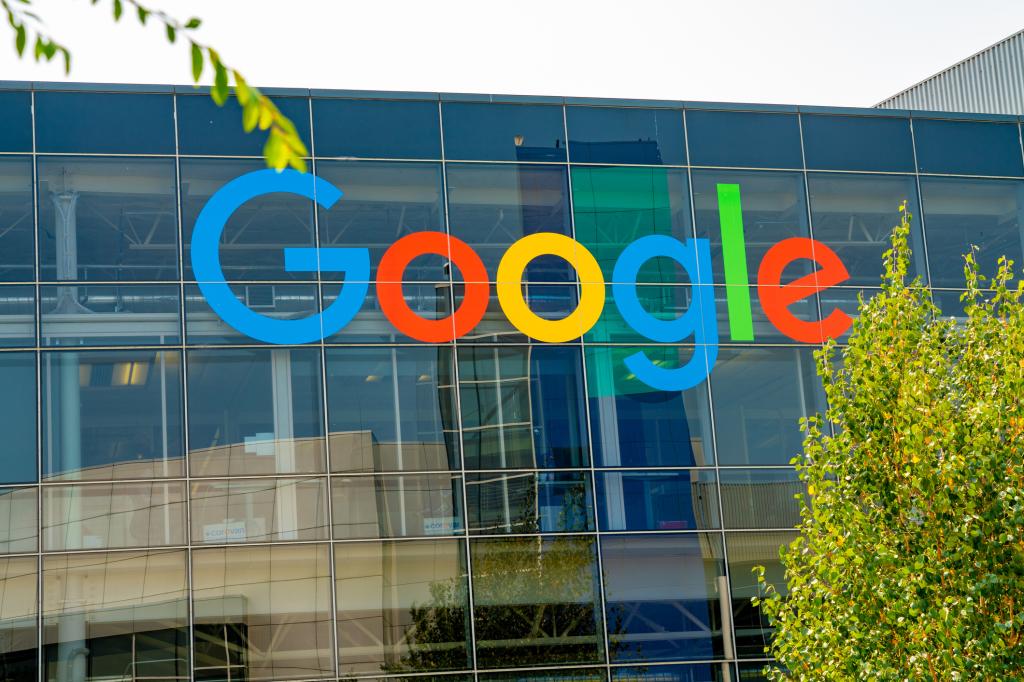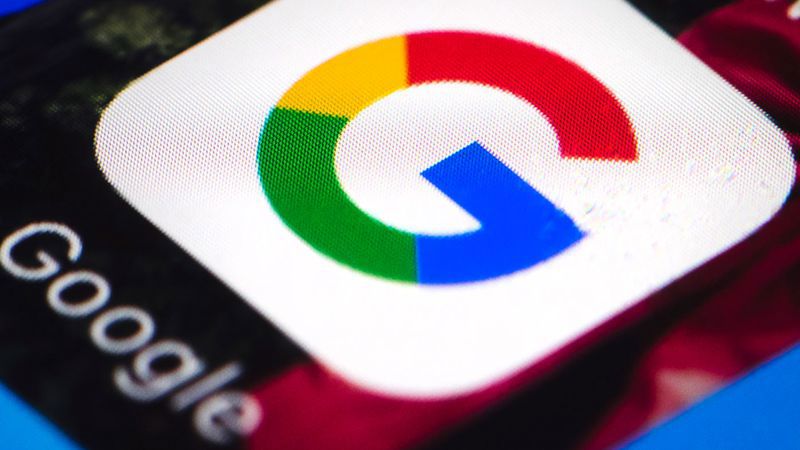Google Faces €2.4 Billion Fine in Major Antitrust Ruling
Google's €2.4 billion antitrust ruling highlights a pivotal shift towards accountability and fair competition in the tech industry.

Key Points
- The EU Court
upheld a €2.4 billion fine against
Googlefor giving its shopping service an unfair advantage over competitors.
- This ruling is part of a broader trend of increasing scrutiny and regulation of tech giants worldwide to ensure fair competition.
- Companies like Google must adapt to stringent regulatory environments to foster accountability and promote healthier market practices.
In a landmark decision that echoes across the tech industry, Google recently faced a significant legal setback as the
upheld a hefty €2.4 billion ($2.7 billion) fine for antitrust violations. This ruling not only underscores the tightening grip of regulatory bodies on tech giants but also highlights a growing sentiment that major corporations need to be held accountable for monopolistic practices.
The case traces back to 2017 when the
found that Google had unfairly favored its own price comparison service,
, over competitors. The Commission argued that Google's actions led to detrimental impacts on rival services, causing them to receive significantly less visibility in search results. In a market that thrives on user access, such disparities can jeopardize the very existence of smaller firms.

This ruling is part of a broader pattern in which Google has faced multiple fines totaling approximately €8.25 billion over various antitrust violations throughout the last decade. These fines reflect a proactive approach by the European Union to regulate and oversee the operations of major tech players, marking a clear departure from a historically lenient stance.
Global Implications and Responses
As the EU intensifies its scrutiny of big tech companies, we are witnessing similar movements all over the world. For instance, the United States is preparing for a pivotal antitrust trial, where the
alleges that Google maintains a monopoly in digital advertising. This shift in enforcement comes as no surprise; tech firms now face increasing demands for transparency and fairness in their business practices.
The response from Google has been complex. While the company has made several adjustments in an attempt to comply with regulations—like opening up auction listings for shopping services—these changes have often been seen as insufficient. By continuing to appeal hefty fines, Google is attempting to stave off what could be an even greater financial impact, alongside potential operational constraints that could arise from regulatory action.

This environment of heightened scrutiny and legal action underscores a significant realization: the tech industry cannot operate in a vacuum of regulation. Unequal advantages can distort market competition, which ultimately harms consumers and stifles innovation. Regulators are not simply punishing these firms; they are laying down a gauntlet for a more equitable tech landscape.
Future Considerations
The ramifications of these rulings extend beyond financial penalties. They pave the way for more rigorous regulations on how tech giants like Google and Apple conduct their business. With upcoming legislation on the horizon aimed at regulating artificial intelligence and social media platforms, it is evident that the attitude toward big tech is shifting from one of complacency to one of accountability.
As the tech sector evolves, the expectation for ethical practices follows suit. Consumers are becoming increasingly aware of how much power these companies wield in their daily lives. In this atmosphere of change, it is crucial for corporations to not only adhere to legal standards but to also embrace ethical considerations as a core part of their business strategies.
The recent decision by the EU Court serves as a significant reminder that the balance of power in the tech industry is shifting. With every appeal and legal challenge, big tech companies are being urged to rethink their practices—not just for compliance’s sake, but to foster a healthier market for all. As we move forward, it is clear that the path toward a fairer tech environment is fraught with challenges, but the commitment to accountability may very well lead to a more balanced future for consumers and competitors alike.


